TEHRAN (Bazaar) – Professor Paul Pillar, who was CIA intelligence analyst for 28 years, says “China would like good relations with all sides of disputes in the Middle East, so it welcomes moves to further relations with the Gulf Arab states as a way of balancing what it is doing with Iran.”
He adds that “China wants the Vienna talks to succeed, and it may have calculated those concessions from the United States are what is most necessary at this time in order to reach an agreement, and thus some strengthening of Iran's negotiating hand might be useful.”
Following is the text of the Bazaar interview with Professor Paul Pillar:
Bazaar: At the end of the meeting with the Chinese Foreign Minister, Iranian Foreign Minister Hossein Amir-Abdollahian said: “During this visit, we agreed to announce the implementation and start of the 25-year strategic and comprehensive cooperation agreement between the two countries.” In your opinion, what effects will the implementation of this agreement have on the Iranian economy?
Pillar: Obviously any increase in Chinese trade and investment will help to mitigate Iran's substantial economic problems, which are due in large part to U.S.-led sanctions. But it is unclear exactly what "implementation" means in this instance. The cooperation agreement was basically a statement of intent, regarding direction of the relationship over the long term. Not every sector or activity implied by the agreement will necessarily be energized any time soon. Without more specifics about exactly what will be implemented and when, it is hard to know exactly what this announcement means.
Bazaar: This trip took place while the Vienna talks are continuing. Can the announcement of the implementation of the 25-year cooperation document between Iran and China keep Iran's hand open in the Vienna talks?
Pillar: Yes, it may at least modestly strengthen Iran's hand. It is a way of saying that Iran has something to lean on even in the absence of an agreement in Vienna, and that therefore Iran is not desperate to make concessions in order to reach an agreement.
Bazaar: Why did China make this decision in the midst of the Vienna negotiations?
Pillar: China wants the Vienna talks to succeed, and it may have calculated those concessions from the United States are what is most necessary at this time in order to reach an agreement, and thus some strengthening of Iran's negotiating hand might be useful. China also has continuing economic interests in cooperation with Iran, including ones related to its Belt and Road initiative.
Bazaar: Simultaneously with the Iranian Foreign Minister's visit to China, we witnessed the presence of a delegation from the Gulf Cooperation Council to China and in a joint statement issued after the meeting of senior officials of the two sides, signed the “Joint Action for Strategic Dialogue” program which should be done between 2025 and 2022, they emphasized. The two sides also stressed the need to complete negotiations on a “free trade agreement between the Gulf Cooperation Council and China and the establishment of a free trade zone between the two sides.” What is the importance of this free trade zone between the stakeholders?
Pillar: China would like good relations with all sides of disputes in the Middle East, so it welcomes moves to further relations with the Gulf Arab states as a way of balancing what it is doing with Iran. The GCC states do not want to be left behind Iran when it comes to economically beneficial relations with China.
Bazaar: Some time ago, CNN reported on the transfer of Chinese ballistic missile production technology to Saudi Arabia. Is China trying to play a US-like role in the Persian Gulf?
Pillar: The Chinese would deny that they seek a US-like role in the Middle East. The Chinese foreign minister made a comment to that effect recently. China would distinguish what it is doing from what the US has done in the region both by placing less emphasis on direct military operations and also by trying to cultivate relations with all parties in the region rather than taking sides as much as the US has. But China still will exploit opportunities to sell arms. China paved the way for missile exports to Middle Eastern countries with its sale of CSS-2 missiles to Saudi Arabia in the 1980s

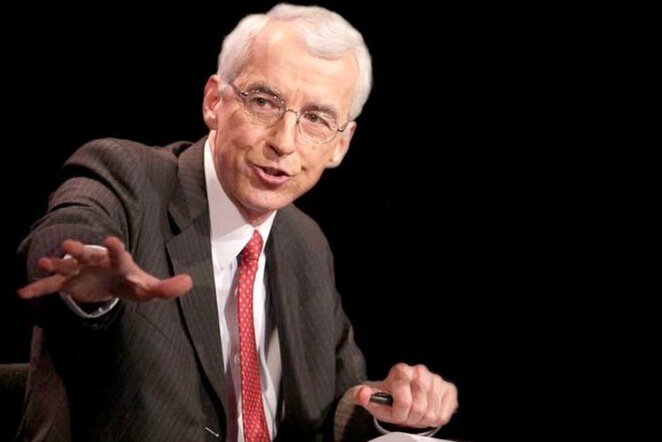




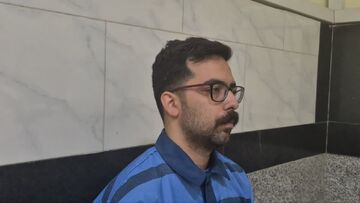





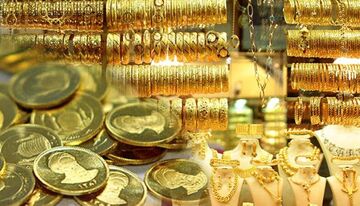

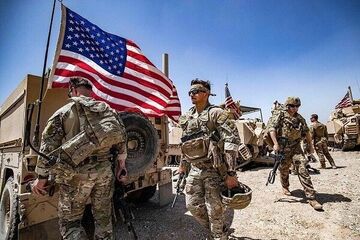
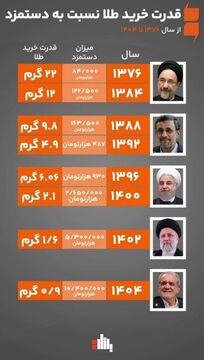
نظر شما